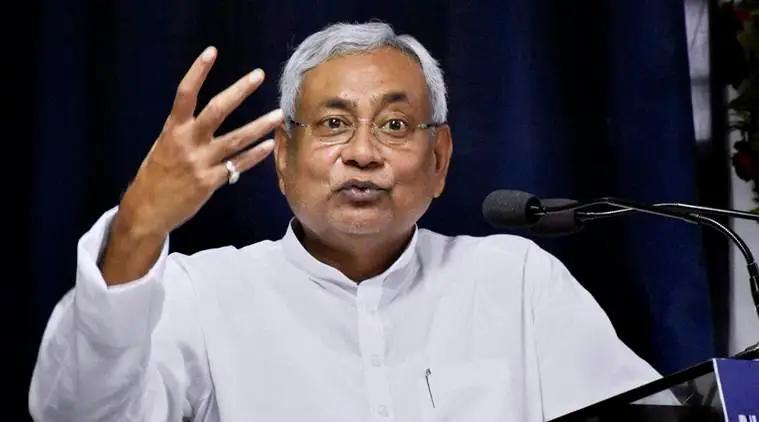
Why did JD(U) vote in favour of the Waqf (Amendment) Bill?
The Waqf (Amendment) Bill, a highly contentious piece of legislation, has been a topic of debate in recent times. The bill aims to make significant changes to the Waqf Act, 1995, and has been met with widespread criticism from various quarters. One of the most surprising developments in the saga of the Waqf (Amendment) Bill is the decision of the Janata Dal (United) (JD(U)) to vote in its favour in the Rajya Sabha. JD(U) leader Anjum Ara has now revealed the reasons behind the party’s decision.
According to Ara, the JD(U) decided to vote in favour of the bill after its five suggestions were accepted by the government. The first of these suggestions was that land is a state matter, and therefore, the central government should not interfere in it. This suggestion was accepted by the government, and it has been agreed that the state governments will have a greater say in matters related to Waqf land.
Another suggestion made by the JD(U) was that the law should not be retrospective. This means that the changes brought about by the bill will only apply to future cases, and not to those that have already been decided. This suggestion was also accepted by the government, which has agreed to ensure that the amendments will not have any impact on existing cases.
The JD(U) also suggested that unregistered Waqf property with religious institutions should not be tampered with. This is a crucial suggestion, as many religious institutions in India are struggling to maintain their properties, and any tampering with these properties could have severe consequences. The government has accepted this suggestion, and has agreed to ensure that the properties of religious institutions will be protected.
The fourth suggestion made by the JD(U) was that officials above the rank of District Magistrate (DM) should be responsible for resolving disputes related to Waqf properties. This is a significant suggestion, as it will ensure that disputes are resolved in a more efficient and effective manner. The government has accepted this suggestion, and has agreed to ensure that officials above the rank of DM will be responsible for resolving disputes.
The final suggestion made by the JD(U) was that the government should provide adequate compensation to the Waqf institutions that are affected by the amendments. This is a crucial suggestion, as many Waqf institutions are struggling to maintain their properties, and any disruption to their properties could have severe consequences. The government has accepted this suggestion, and has agreed to provide adequate compensation to the affected institutions.
In light of these suggestions being accepted, the JD(U) leader Anjum Ara has stated that the party decided to vote in favour of the Waqf (Amendment) Bill. This decision is significant, as it marks a departure from the party’s earlier stance on the issue. The JD(U) had previously been opposed to the bill, but it seems that the acceptance of its suggestions has changed the party’s stance.
The decision of the JD(U) to vote in favour of the Waqf (Amendment) Bill is significant, as it brings to an end a long-standing impasse on the issue. The bill had been stuck in limbo for several years, and it seemed that it would never see the light of day. However, the acceptance of the JD(U)’s suggestions has ensured that the bill has been passed, and it is now an act of parliament.
The passing of the Waqf (Amendment) Bill is significant, as it marks a major overhaul of the Waqf Act, 1995. The bill aims to make significant changes to the way Waqf properties are managed, and it is expected to have a major impact on the lives of millions of people across the country. The bill is expected to bring in greater transparency and accountability in the management of Waqf properties, and it is expected to ensure that the properties are used for the benefit of the community.
In conclusion, the decision of the JD(U) to vote in favour of the Waqf (Amendment) Bill is significant, as it marks a major development in the saga of the bill. The acceptance of the JD(U)’s suggestions has ensured that the bill has been passed, and it is now an act of parliament. The bill is expected to have a major impact on the lives of millions of people across the country, and it is expected to bring in greater transparency and accountability in the management of Waqf properties.
Source:






